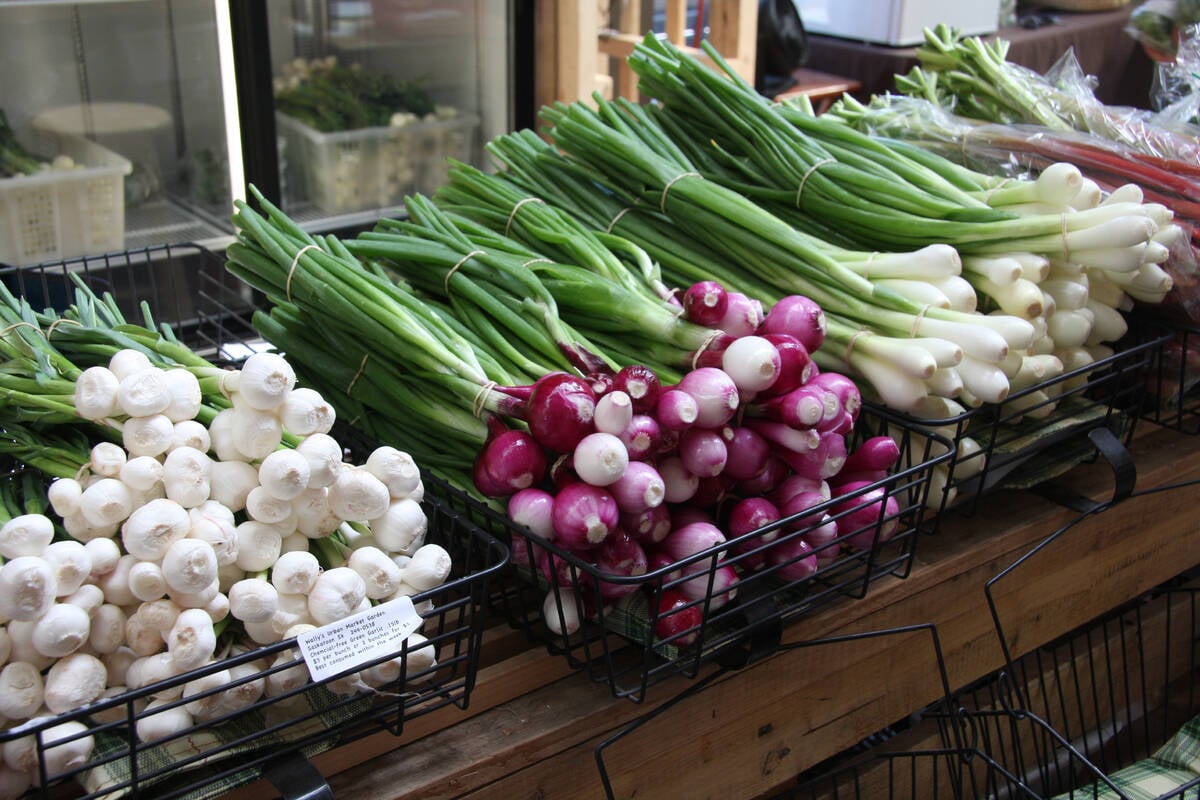A new study carried out at the University of Waterloo illustrates the need to better teach youth how to properly handle food.
The study measured 32 food-handling behaviours among Ontario high school students in Grades 10 to 12.
It found students carried out fewer than 50 per cent of the recommended practices, including basic hand hygiene and procedures to prevent cross-contamination.
“Even though training programs have important benefits, there are obviously still gaps between knowledge and how food handlers behave,” said Ken Diplock, who led the research while at the university.
Read Also

Technology with a local twist
Alt Grocery is a digital platform built to help local farmers and small food businesses be visible online with no coding skills or marketing budgets required.
He said it was important to teach youth the correct procedures before they developed bad habits.
The researchers observed the students in high school food and nutrition classes three times, once before the students took an Ontario standard food-handling training program, then two weeks and three months later. The program significantly improved the students’ skills, but many continued to engage in risky behaviour known to lead to food-borne diseases.
The most significant improvement after the training course occurred on thermometer use, which is the only way to determine meat doneness. Student use went from five per cent at the first observation to 36 and 33 per cent in two weeks and three months respectively.
“Food safety education improves knowledge and behaviour, but unless the values are reinforced in other areas such as home life and society, the behaviours will not always stick,” said Diplock.
Co-author and public health professor Shannon Majowicz said student behaviours during the study remained consistent between the second and third observations, likely because the students were handling food regularly in the presence of teachers, who reinforced what they had learned.
“We put a lot of emphasis on general food safety education as a way to protect people from getting sick. It could also make a difference if we educate students about safe food handling in high school before they’re young adults living and cooking on their own and for others.”
The study was published in June in the Journal of Food Protection with Waterloo co-authors Joel Dubin, Scott Leatherdale, David Hammond and Shannon Majowicz, and Andria Jones-Bitton at the University of Guelph. Diplock is now co-ordinator of the Bachelor of Environmental Public Health program at Conestoga College.












